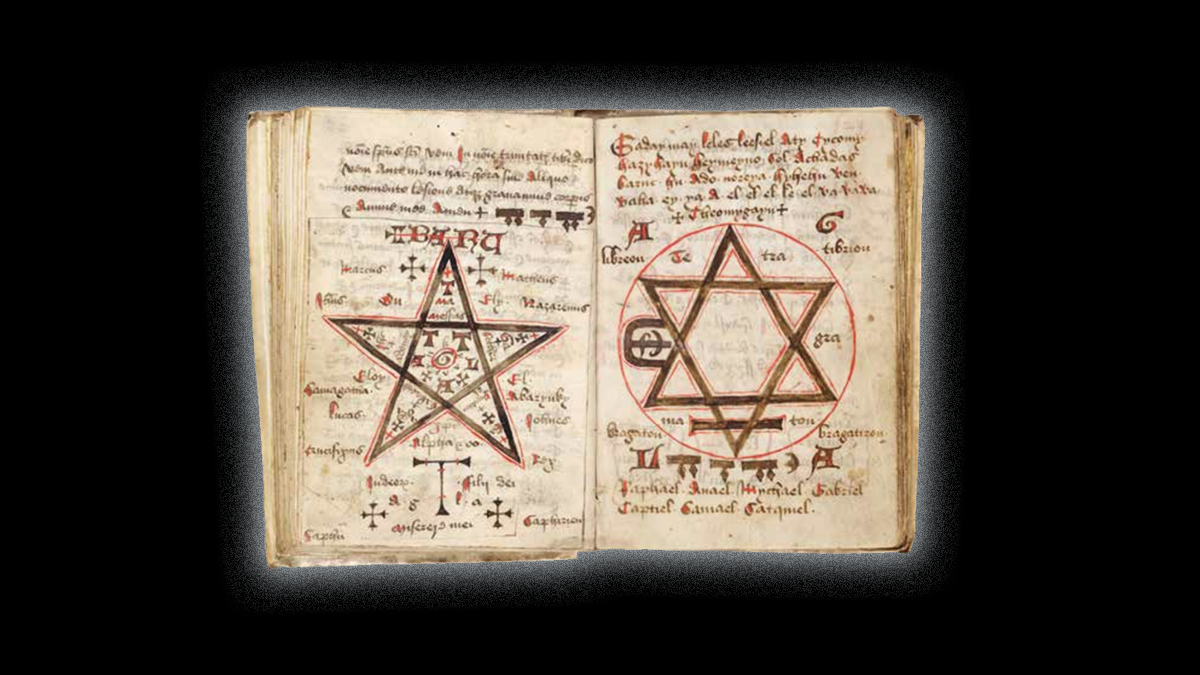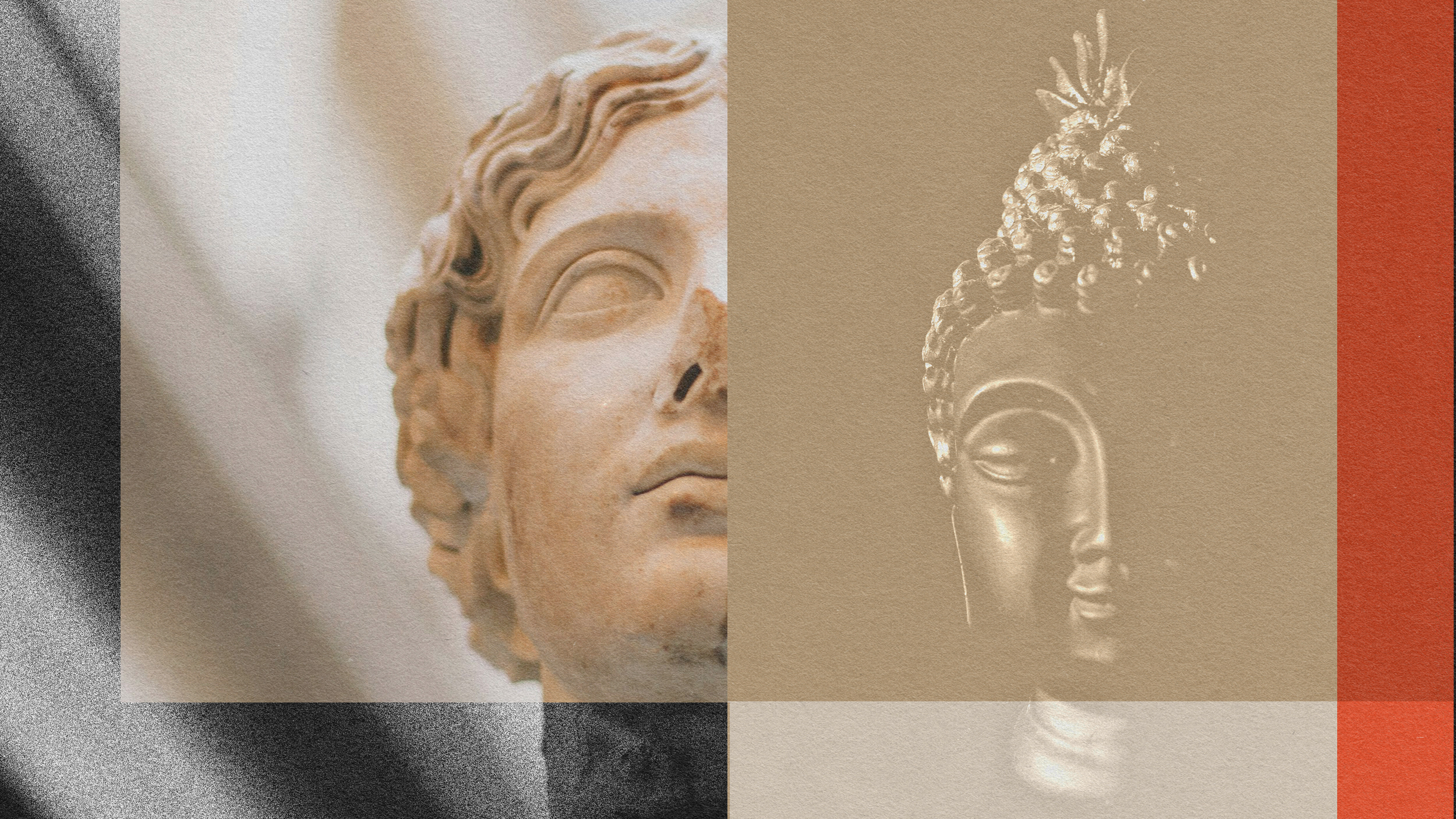When Richard M. Cohen visited the Big Think studio, he came in carrying a quote by Virginia Woolf. It was printed in large font, which seems an odd choice unless you know that Cohen is legally blind, one of the many consequences of the multiple sclerosis he was diagnosed with at 25 years old. Another is his fluctuating voice, a neurological symptom of the disease. Unable to read the quote, we promised to place it here:
“…how astonishing, when the lights of health go down, the undiscovered countries that are then disclosed, what wastes and deserts of the soul…” — Virginia Woolf, ‘On Being Ill’ (1926)
For Cohen, there is an unspoken element to the somber terrains that Woolf describes: the country of hope, which he only recently came to fully understand. Richard M. Cohen’s new book, Chasing Hope, which chronicles his personal relationship with hope and faith, will be released in early 2018.
This video is part of a collaborative series with the Hope & Optimism initiative, which supports interdisciplinary academic research into significant questions that remain under-explored. The three-year initiative will provide over $2 million for philosophers, philosophers of religion, and social scientists to generate original, high-quality, collaborative research on topics related to optimism and hopefulness. Discover the public components of the Hope & Optimism project, and how you can contribute, at hopeoptimism.com.
Richard M. Cohen: I have a very—I've had a very skittish relationship with hope going back to when I was diagnosed with MS. I really didn't believe in the idea of hope for a long time. Frankly, I thought it was for weak people, you know, I thought that the strength, personal strength and perseverance, could replace hope.
And when I was at the Vatican I met with a lot of doctors and scientists who were already doing stem cell therapy and I was really quite taken. I mean, I was quite surprised. I always sort of had a futuristic view of stem cell therapy; I thought it sounded great, but it was down the road. And I had this flash of hope that I had never felt before and it really washed over me. I mean it was quite astonishing to me.
And frankly, having met all these people, I was determined to find somebody to help me. And one of the people on my panel was a neurologist named Saud Sadiq who's a big MS guy in New York, and he invited me to come see him when I got back to New York, and I really had in my head—and by the way, he casually mentioned that he had an application into the FDA, and I was really interested.
And when the FDA approved the trial, which had taken years of lobbying to make happen, he told me that I was going to be the first one he treated, not for any reason except that I had an unusual presentation of the disease because it's on one side of my body. Most people, it's on both sides so it was much easier to chart progress or the lack of progress with me.
So I was literally the first person in the world to be treated with this specific kind of cell that's called mesenchymal cells, which are big, blank stem cells. And that was the beginning of the trial.
But I started writing at that point and I realized that I had an attitude about hope that was changing, it was in flux. And I thought the search for hope would be a good book because finding hope for me was a journey, you know.
Look, my head is not in the clouds. I'm not whistling 'Dixie' and skipping down the street. On the other hand, I think that my bearing and my demeanor have changed. I think I'm a brighter person, not a smarter person, but a more voluble person.
I think my state of mind has changed, you know. And hope—though hope and optimism are different, hope can breed optimism. And I think I'm more optimistic about changing my life than I have been. There are no—look, I mean, life is a journey for the healthy and the sick. We don't know the destination. So there are no predictions here for me or for anybody else. But I just feel better about myself and better about my prospects for the future since I've been writing this book.
Because I've been sick with various things at various times, you know, I've seen a lot of clergy very much in passing. And I talk to them because they're interesting people. I talk to rabbis and priests and ministers and imams, and they all sell hope. And they're very well intentioned, but they're very doctrinal about hope, you know. I'm much more of the belief that it's organic, that to whatever extent it exists, it's inside of us. And I think we just go where it takes us, and I just don't think you can legislate hope.
On the other hand, I do think that you can open yourself up, which is what I did. I mean, my mind was closed and locked and I had thrown away the key when it came to hope. But then it changed. And once I began the book it really was a very personal inquiry and I learned a lot about where I stood on hope. So I'm very glad that I've done it.




